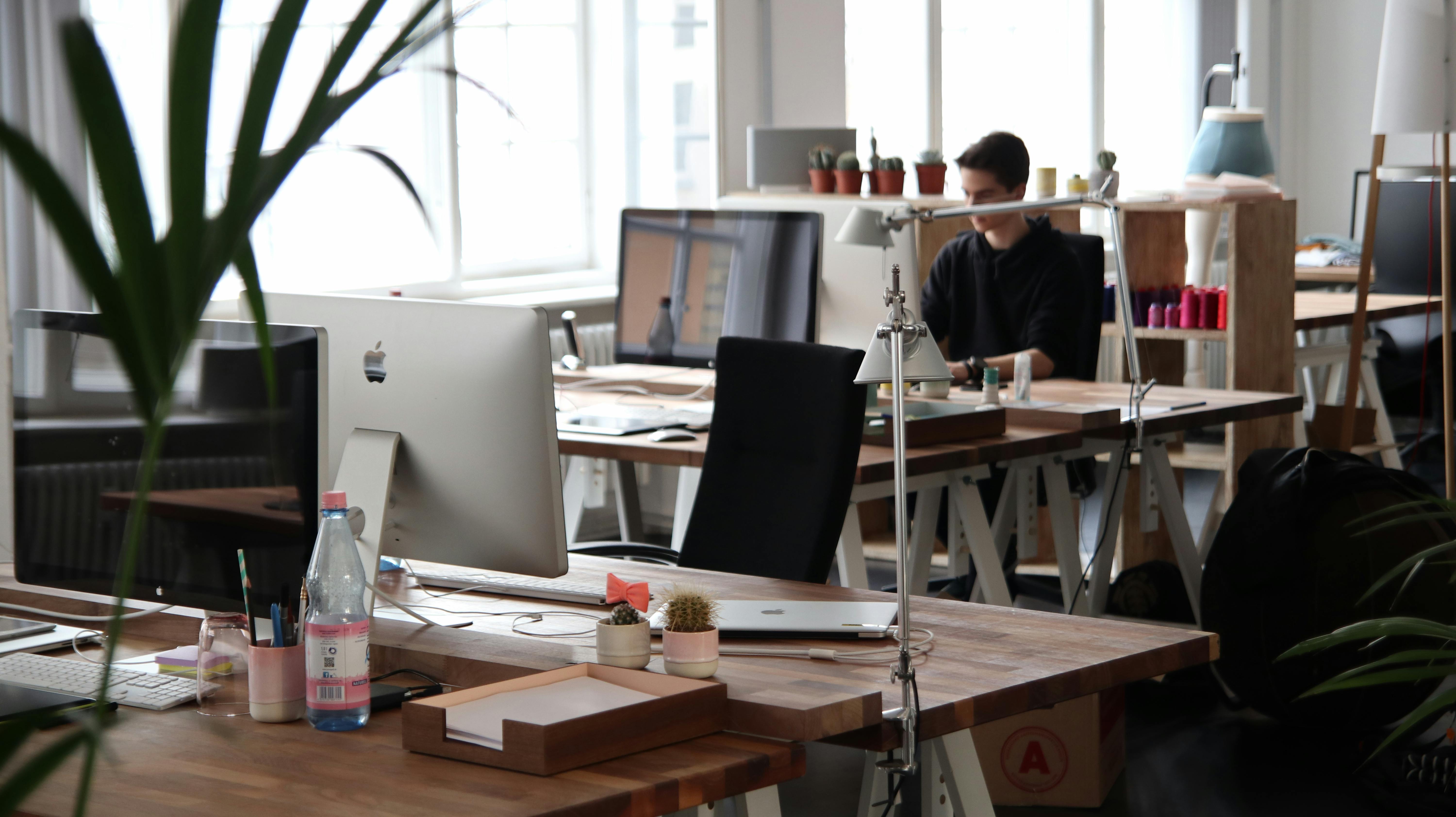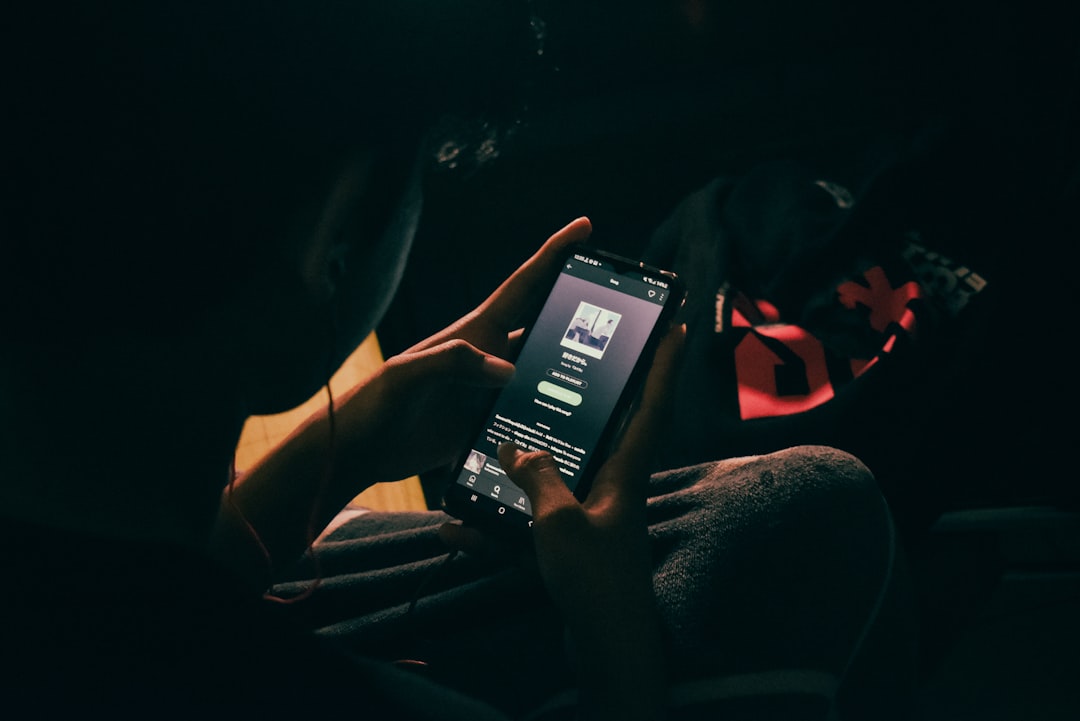In our hyper-connected world, maintaining focus can feel like an uphill battle. Every ping, notification, and new email vies for our attention, fragmenting our concentration into countless digital pieces. This constant barrage not only reduces productivity but can also lead to increased stress and decreased well-being.
The average person checks their phone dozens of times a day, often without conscious intent, leading to significant time loss and mental fatigue. This article will guide you through practical, SEO-optimized strategies to configure your digital environment for enhanced concentration. We’ll explore how to minimize distractions, leverage technology for productivity, and cultivate habits that foster deep work.
Crafting Your Distraction-Free Digital Workspace
Your digital workspace extends beyond your physical desk; it encompasses every application, tab, and notification on your devices. Optimizing this space is the first crucial step towards sustained focus. A cluttered digital environment mirrors a cluttered mind, making it difficult to concentrate on the task at hand.
Decluttering Your Digital Desktop
Start by organizing your computer desktop. Remove unnecessary icons, consolidate files into clearly labeled folders, and use a minimalist wallpaper. A clean visual space can significantly reduce cognitive load.
- Organize Files: Create a logical folder structure for documents, projects, and media.
- Clear Downloads: Regularly move or delete files from your downloads folder.
- Minimalist Wallpaper: Choose a simple, calming background that doesn’t compete for your attention.
Browser Tab Management
Too many open browser tabs can be a major source of distraction. Each tab represents an unfinished thought or potential rabbit hole. Aim to keep only tabs directly relevant to your current task open.

Minimizing Digital Interruptions and Notifications
Notifications are designed to grab your attention, pulling you away from your current task. While some are essential, many are not and contribute to a constant state of partial attention. Taking control of your notifications is paramount for deep work.
Strategic Notification Management
Review all app notifications on your smartphone and computer. Disable anything that isn’t absolutely critical for your work or personal safety. Consider batching notifications, checking them only at specific times.
Research consistently shows that even brief interruptions, like a notification, can take up to 23 minutes to fully recover from, as your brain needs time to re-engage with the original task. This “attention residue” significantly impacts productivity.
Leveraging “Do Not Disturb” Modes
Most operating systems offer “Do Not Disturb” or “Focus” modes. Configure these to silence all non-essential alerts during your dedicated work periods. You can often set exceptions for urgent contacts.
For a deeper dive into managing digital distractions, consider exploring resources like this article from the Greater Good Magazine at UC Berkeley, which offers insights into taming your digital habits.

Utilizing Productivity Tools and Techniques
Technology can be a double-edged sword. While it presents distractions, it also offers powerful tools to enhance focus and productivity. The key is to use these tools intentionally, rather than letting them dictate your workflow.
Focus-Enhancing Applications
Consider using apps designed to help you focus. These often include:
- Pomodoro Timers: Break work into focused 25-minute intervals with short breaks.
- Website Blockers: Temporarily block distracting websites during work sessions.
- Noise-Canceling Apps/Headphones: Create an auditory sanctuary, especially in noisy environments.
Implementing the “Deep Work” Philosophy
Cal Newport’s concept of “Deep Work” emphasizes focused, uninterrupted work that pushes your cognitive capabilities. This involves scheduling dedicated blocks of time for demanding tasks and eliminating all potential distractions during these periods.
To visualize the impact of distractions, consider this simplified representation of time allocation:
Typical Workday Focus Breakdown
| Activity Type | Estimated Time Allocation (8-hour day) | Impact on Focus |
|---|---|---|
| Deep Work (Focused Tasks) | 2-3 hours | High positive |
| Shallow Work (Emails, Meetings) | 3-4 hours | Neutral to low positive |
| Digital Distractions (Notifications, Social Media) | 1-2 hours | High negative |
This table illustrates how significant time can be lost to digital distractions, highlighting the need for intentional environment setup.
Cultivating Mindful Digital Habits
Beyond technical configurations, developing mindful habits around your digital consumption is vital. This involves being aware of how and when you interact with your devices, and intentionally choosing to disengage when necessary.
Scheduled Digital Detoxes
Regularly schedule periods away from screens. This could be an hour before bed, during meals, or a full day on weekends. These breaks allow your mind to reset and reduce digital fatigue.
Single-Tasking vs. Multitasking
Resist the urge to multitask digitally. Our brains are not wired for true multitasking; instead, we rapidly switch between tasks, leading to decreased efficiency and increased errors. Focus on one digital task at a time.

Personalizing Your Digital Setup for Peak Performance
Every individual’s focus patterns and digital habits are unique. The most effective digital environment is one that is tailored to your specific needs and preferences. Experimentation is key to finding what works best for you.
Understanding Your Peak Focus Times
Identify when you are most productive and alert. Schedule your most demanding digital tasks during these peak times. Conversely, use your lower-energy periods for less cognitively intensive digital activities like checking emails or organizing files.
Customizing Device Settings
Explore the accessibility and focus settings on your devices. Features like grayscale mode, screen time limits, and app-specific notification controls can be powerful allies in your quest for focus. For instance, turning your phone screen to grayscale can make it less appealing and reduce compulsive checking.
The Role of Physical Environment in Digital Focus
While this article focuses on digital settings, it’s crucial to remember that your physical workspace directly impacts your digital focus. A well-organized, comfortable, and distraction-free physical space complements your optimized digital environment.
Ergonomics and Comfort
Ensure your chair, desk, and monitor are ergonomically set up to prevent discomfort and fatigue. Physical discomfort can be a significant distraction, pulling your attention away from your digital tasks.
Lighting and Noise Control
Optimize your lighting to reduce eye strain, and manage ambient noise. Natural light is often best, but if unavailable, use balanced artificial lighting. For noise, consider noise-canceling headphones or white noise generators to create a consistent soundscape.
Conclusion: Reclaiming Your Digital Attention
In a world designed to constantly demand our attention, intentionally configuring your digital environment is no longer a luxury but a necessity. By decluttering your digital spaces, strategically managing notifications, leveraging productivity tools, and cultivating mindful habits, you can significantly enhance your ability to focus and engage in deep, meaningful work.
Start small, perhaps by implementing just one or two of these strategies today. Observe the positive impact on your concentration and overall well-being. The journey to a more focused digital life is ongoing, requiring continuous adjustment and self-awareness.
What is one digital habit you plan to change this week to improve your focus? Share your thoughts and strategies in the comments below!
